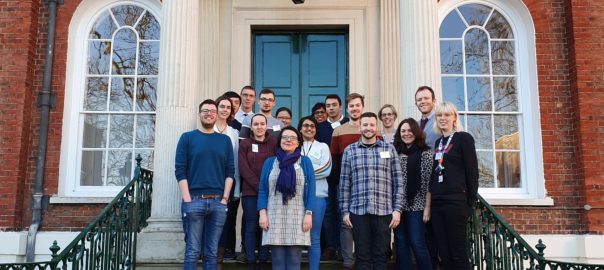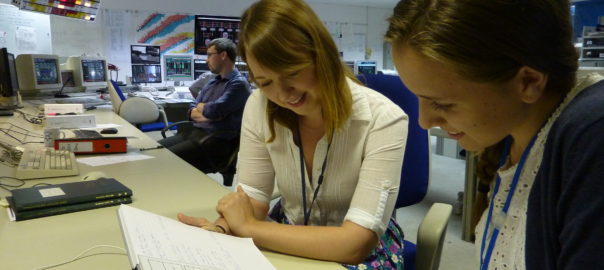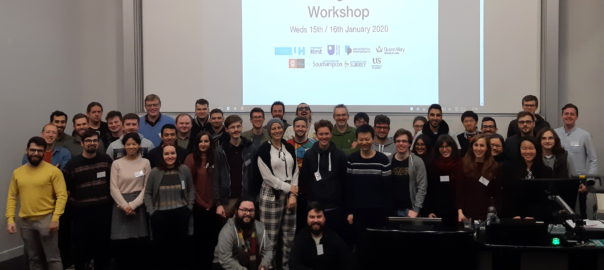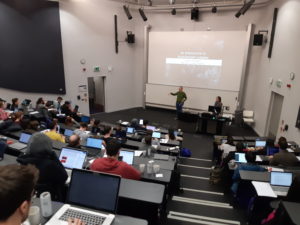In collaboration with the National Physical Laboratory, SEPnet and Julia Shalet, Product Doctor, a highly interactive and enjoyable two-day workshop was held in December 2019 for postgraduate researchers at Bushy House in Teddington.
The mission was to practise a commercial way of thinking and see how ideas arising from science can be turned into viable business propositions. Working with real case studies, delegates wrote hypotheses, identified their riskiest assumptions, wrote questions they needed answers to, thought through how to find customers to ask, set measures for their responses, practised conducting interviews and worked through how to analyse research output.
Delegates were then asked to map the whole business up using a tool called the Business Model Canvas (from Strategyser) to see how to create sustainable business models.
Linden Fradet, University Liaison Manager at NPL invited Mason Rowbottom, a PhD student living and breathing the experience of making a business out of his research ideas. Mason gave delegates an insight into how he has co-founded several companies in 3D printing while doing his PhD at the University of Sheffield.
Participants said the event was: “very informative and practical”; “interactive with useful tools”; “very clear, concise delivery of all the business elements” and “a very useful introduction to business… great networking…”
Prof Sean Ryan, SEPnet Executive Director, said: “the event ran extremely well, with all participants scoring it higher than 8/10 and five participants giving it full marks at 10/10. SEPnet has worked with Julia on several similar but shorter events before. This was the first time we used a two-day format and that seemed to work very well as it gave more time for participants to apply what they were learning at each step to their case studies; time to learn from critique given to other groups and it meant that they had a chance to practise and improve on their own research interview skills.”
SEPnet looks forward to collaborating again with NPL and Product Doctor in the next academic year.




